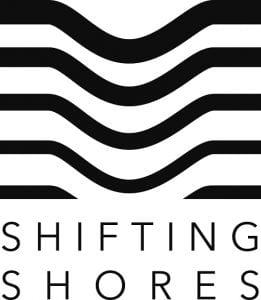. June 1-2 2023 | Brown University, Providence RI .
CALL FOR PAPERS
Climate change is redrawing the divisions between terrestrial and aqueous spaces across the globe. Although coastal inundation is perhaps the most common example of the impact of rising seas and increasingly powerful storm systems, the interaction between climate and water goes far inland: from Arctic to the tropics, riparian systems also reshape their landscapes. Cities built on reclaimed marshland are sinking, as in Bangkok. Arctic and sub-Arctic villages face relocation when the permafrost below them melts, as along the Yukon. Yet despite what the snapshot view of cartographers might indicate, rivers have long been on the move—from floods on the Yangtze to the seasonal patterns of freeze and thaw in the northern hemisphere. And people have long tried to alter, corral, or otherwise adapt to shifting riverine tempers. Twenty-first century riverine vulnerabilities thus often emerge from past efforts to make amphibious zones fully terrestrial—to settle, confine, and control hydrological processes.
This workshop seeks papers from environmental historians, hydrologists, and other historically-minded humanists and natural scientists interested in better understanding how past and contemporary riparian change relate to social and political shifts, from economic development to legal frameworks. The workshop will investigate why and how people have attempted to fix or settle amphibious landscapes, the consequences for rivers’ forms and behavior, and how such past human-river interactions influence contemporary life. Scholars will be drawn from a range of geographies and temporalities, as well as academic disciplines.
The goal of the workshop is an edited volume of interdisciplinary essays similar enough in form to be comprehensible to a wide range of riverine scholars and students. To that end, each selected participant will workshop a 5-6000 word essay at the June 2023 meeting, written for general academic readers rather than a specialist scientific or humanist audience: think the work of Ellen Wohl or Richard White. Explaining field-specific concepts and terms, and using clear examples is strongly encouraged.
The workshop will be held at the Brown University campus in Providence, Rhode Island, and is organized by Bathsheba Demuth, Mark Healey, Giacomo Parrinello, and Larry Smith, with generous support from the Institute at Brown for Environment and Society, in collaboration with the project Shifting Shores, funded by an Emergence(s) grant of the City of Paris.


